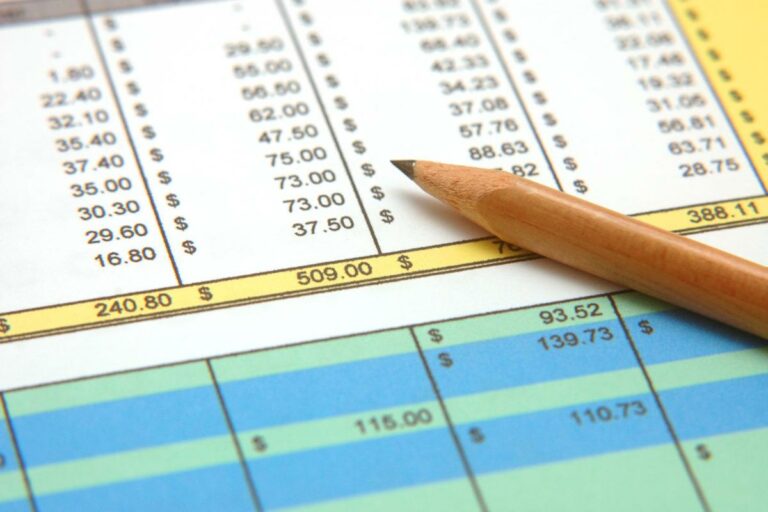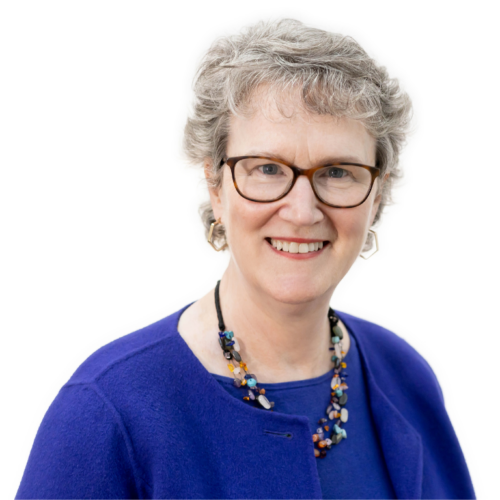How to Be Confident About Your Cash Balances

I wrote a blog post in the midst of the havoc in the financial markets in 2008 about the risk of balances in accounts. Unfortunately, events over the last couple of weeks are raising some similar questions, so here’s a revisit and update on the topic.
Cash is cash, right? Then why are so many nonprofit directors and board members suddenly so concerned about the safety and security of their bank accounts? In 2008, the financial markets were in full melt down. That’s not the case at all in 2023, but the headlines and noise in the markets is certainly raising red flags again. How concerned should you be, and what steps should you take to reduce the risks for your cash accounts?
How concerned should you be?
There’s no cause for panic, but you also can’t make assumptions that all is well just because you haven’t had a problem before. It depends on how your short-term cash accounts are actually invested or deposited. Many nonprofits are holding funds that are needed for payroll and regular expenses, for reserves, and that are restricted or designated for a specific program or purpose. It’s common to have a checking account, other bank accounts, and some money market funds or short-term investments. Your first priority is to find out what, in fact, you own with the nonprofit’s cash balances – do you have a bank account or a money market mutual fund? If it’s deposited in a bank account, what’s the balance and is it covered by FDIC insurance? In most cases, the FDIC insures your balance up to $250,000 in any one institution. For many nonprofits, that’s all you need to know.
What if you have more than $250,000?
The simplest options are to have accounts at more than one bank, or to ask if your bank offers a service to provide additional coverage or work with other banks to enhance the coverage by exchanging funds within a network. I’ve heard from a handful of people who wonder if they should analyze their bank’s risks and vulnerability, but that’s unnecessary. We don’t have enough information or insight to do that analysis, and FDIC insurance and similar tools make it unnecessary.
If your funds are invested in a money market mutual fund or other short-term investment account, it’s wise to read the prospectus or other information from the fund manager to learn about the types of investments that are owned by the fund. Money market funds range from ultra-conservative investments in treasury bills to investments with a little more risk. If you have made direct purchases of short-term investments, learn more about what you own and how those investments are valued or affected by the current market.
Know your accounts
Again, know what kinds of accounts you’ve got and perhaps have a discussion with the finance committee about any risks, concerns, or restrictions. Then you can decide whether to make any changes. This might also be the trigger for you to re-visit or create an investment policy and educate yourself and the finance committee on fiduciary duties and nonprofit investment practices.

